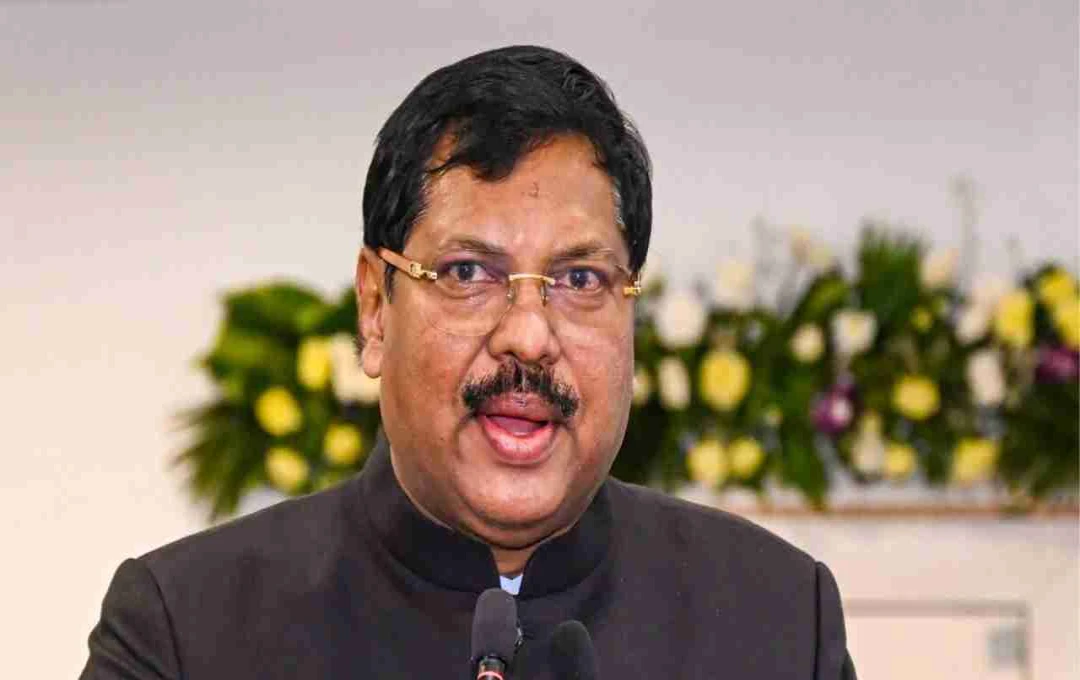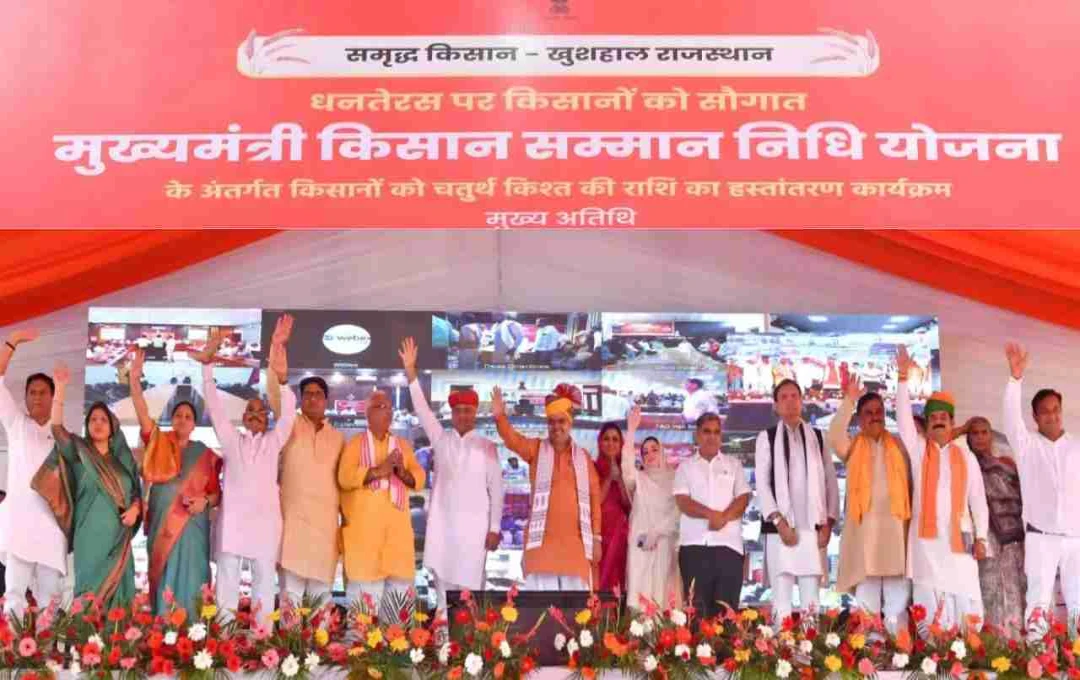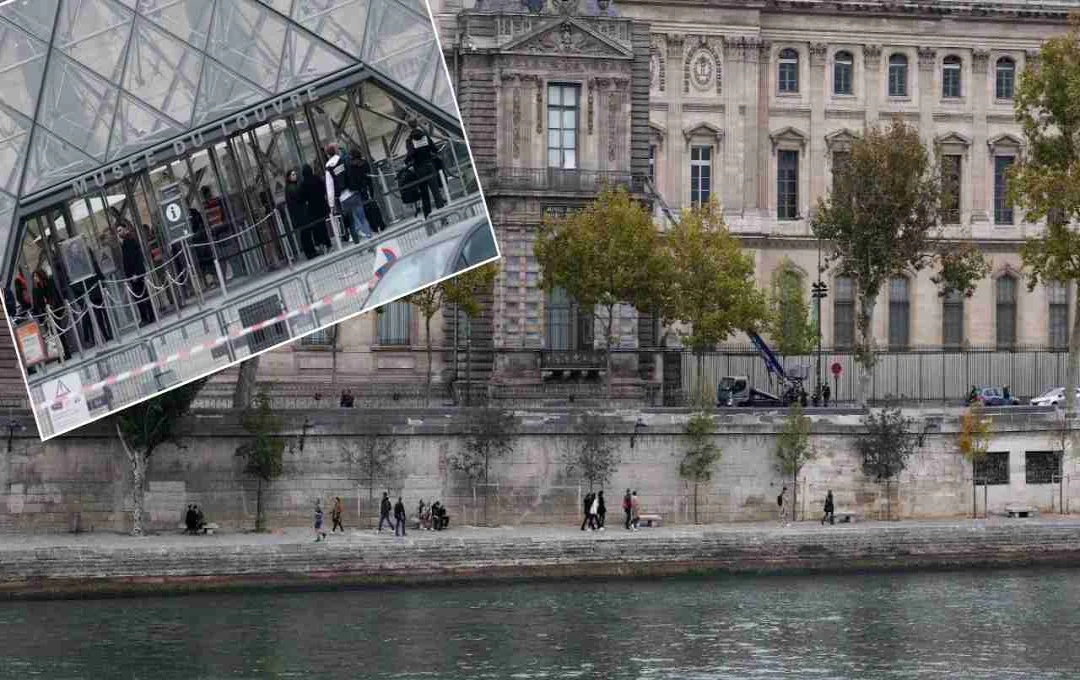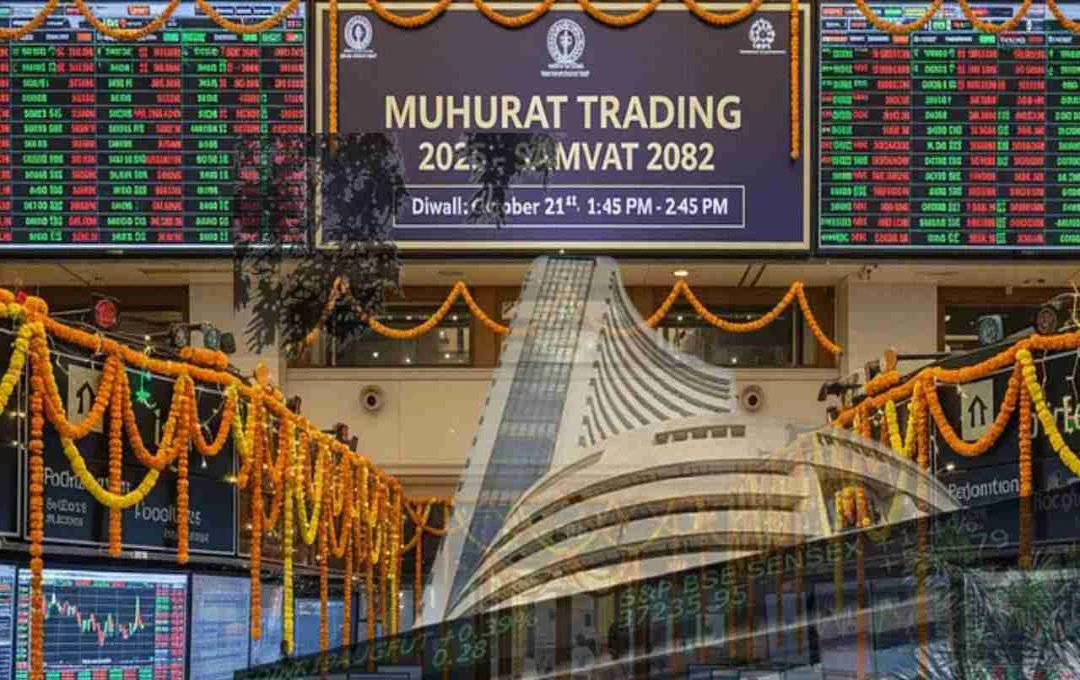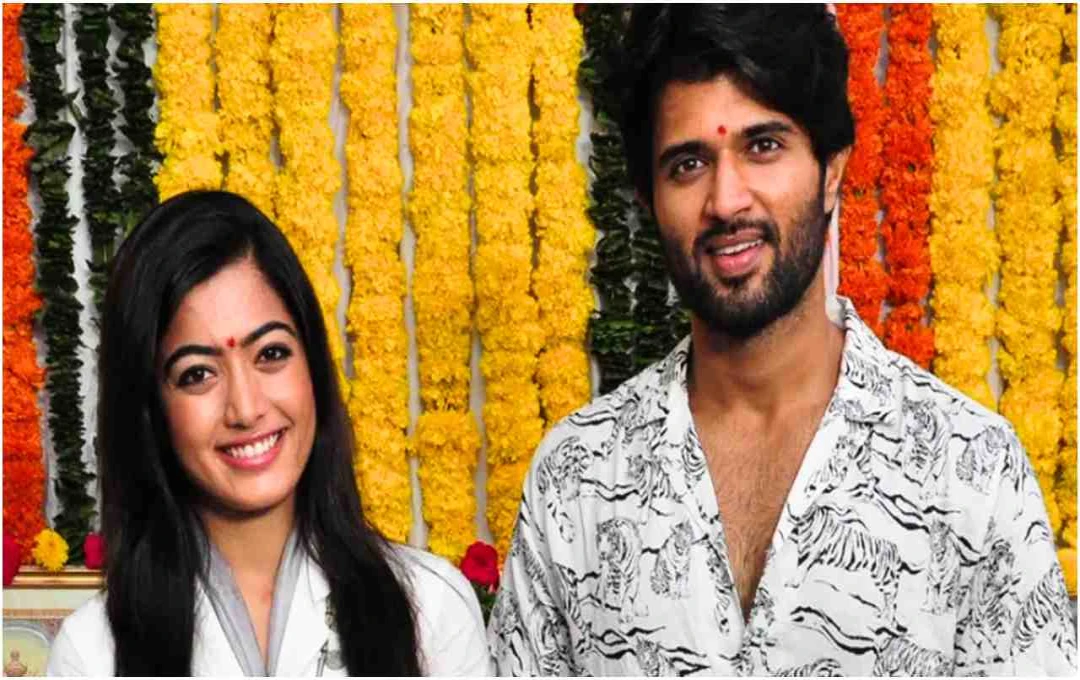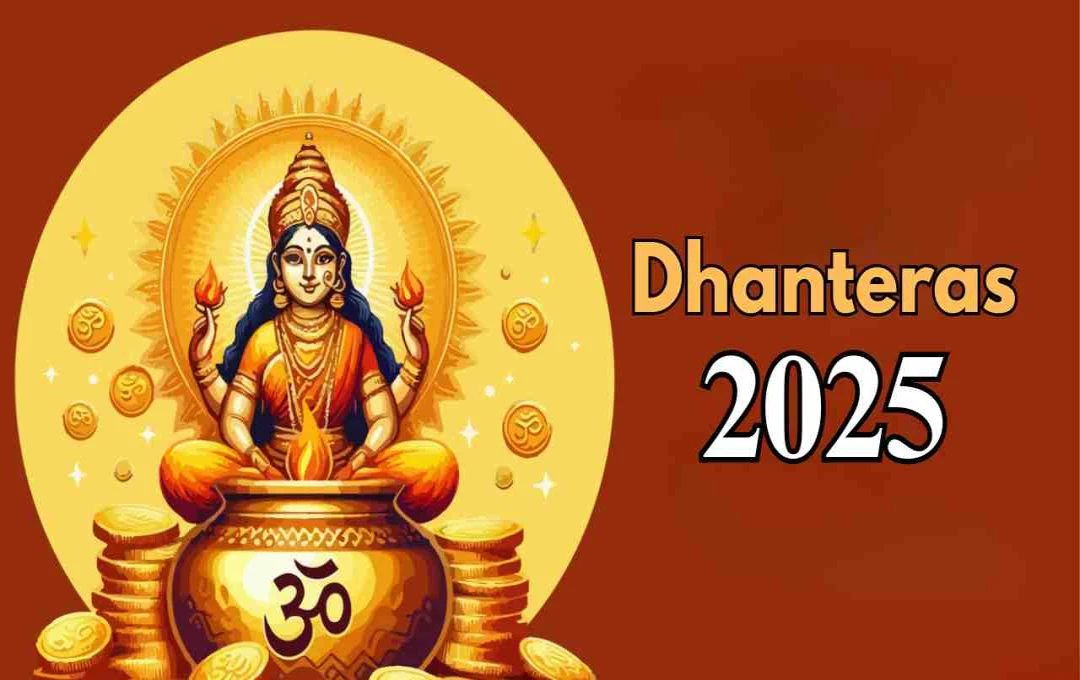CJI B.R. Gavai became emotional at an award ceremony held in Nagpur. He said that his father used to say that he would one day become the Chief Justice of the Supreme Court, but he is no longer alive to witness this moment.
Maharashtra: Chief Justice of the Supreme Court B.R. Gavai became emotional during an event held in Nagpur. He said that his father always used to say that he would one day become the Chief Justice of the Supreme Court, but, regrettably, his father is no longer alive to see this achievement.
CJI Becomes Emotional During Award Ceremony in Nagpur
Chief Justice of India (CJI) B.R. Gavai attended an award ceremony held in Nagpur on Saturday. The event was organized by the Nagpur District Advocates' Association. During the program, CJI Gavai shared his life and the struggles of his family that led him to the highest judicial position in the country.
During his speech, he remembered his father, saying, "My father always used to say that I would one day become the Chief Justice of the Supreme Court. Today, that dream has come true, but it is unfortunate that he is not alive to see this day. It has become an emptiness since his passing in 2015. I am happy that my mother is present here today on this important occasion."
Emotional Speech Delivered in Marathi
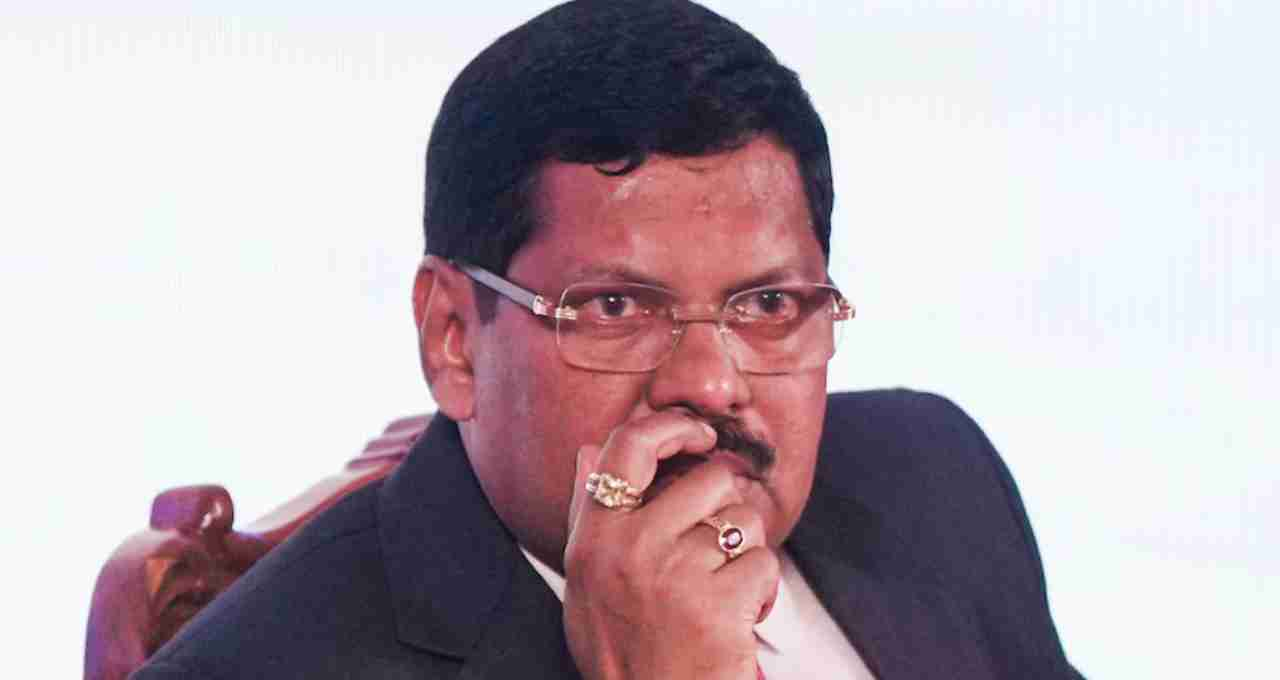
CJI Gavai delivered his speech in Marathi at the ceremony. In his speech, he spoke extensively about the role of the judiciary, judicial activism, and the limits of the constitution. He said, "Has anyone read my speech given at Oxford? In it, I said that the continuation of judicial activism is necessary to ensure the protection of the constitution and the safeguarding of citizens' rights."
CJI Speaks on the Limits of the Indian Constitution
In his address, CJI Gavai said that the Indian constitution clearly defines the limits of the legislature, the executive, and the judiciary. Making laws is the function of the legislature, whether it is the Parliament or the State Assemblies. The executive is expected to act according to the constitution and the law.
He said, "If a law is passed by the Parliament or the Assembly, and it violates the basic principles of the constitution, then the intervention of the judiciary becomes necessary. But the judiciary should not interfere in every case."
Judicial Activism vs. Judicial Adventurism
CJI Gavai also drew attention to the limits of judicial activism on this occasion. He said, "I always say that judicial activism is necessary, but it should not be allowed to turn into judicial adventurism or judicial terrorism. The judiciary should only intervene in those cases where it is necessary to protect the constitution and the fundamental rights of citizens."
